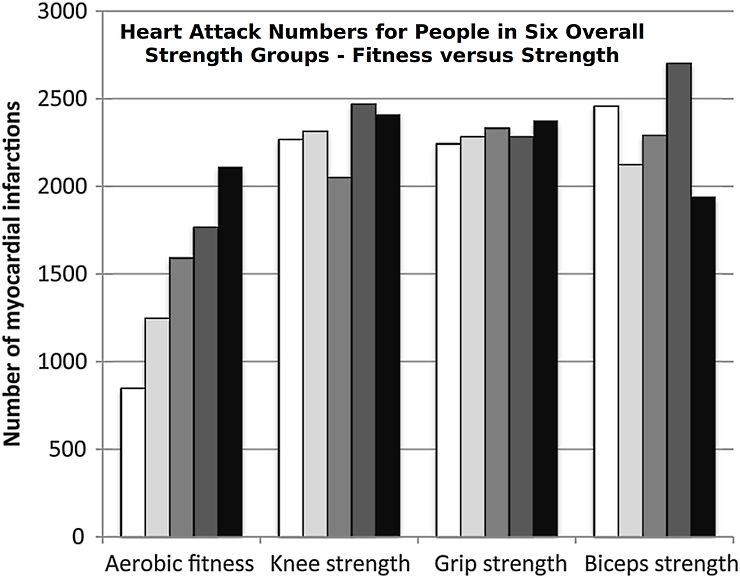Do Fit, Lean or Overweight Teenagers Have Lower Heart Risks as Adults?
A very large study involving almost 750,000 men has provided insights into whether aerobic fitness in the teenage years provides benefits for lowering the risks of heart attacks later in life when the teenagers become adults.
The study also looked at whether being overweight or obese altered the benefits of being fit. The aerobic fitness level of 18 year old men was measured using a stationary bicycle. The resistance of the cycle was gradually increased until the subject was unable to continue. The health of the men was monitored over about 35 years until those that were still alive reached an age of about 55 years. The mortality rates of various groups of men were compared in relation to:
► BMI as a measure of lean, overweight and obese men
► Aerobic fitness
► Various Strength measurements

Typical pattern of weight loss experience by most dieters over several years
Results of the Study
► There was a clear indication that aerobic fitness rather than muscular strength was linked with a lowering of the risk of heart attack.
► The benefits of fitness on lowering heart attack risks applied to all BMI groups, that is to all weights and sizes of men.
► The overweight and obese men, who were aerobically fit, had a higher risk of heart attack than lean or normal-weight men who were unfit. So being fit did not offset the added risk of being over weight.
► The heart attack risk for lean and normal weight men, at the end of their teens, was about 35% lower than for the overweight group.
► The link between muscle strength and heart attack risk much weaker. The benefits were dependent on aerobic fitness and weight. Building muscle strength, through gym training, had much less benefits than being aerobically fit.
► In terms quantity, a 15% boost in aerobic fitness lowered the heart attack risk by about 20% over a 30 year period.
Conclusion
While being fit in late adolescence does provide benefits to all BMI categories there is clear evidence that fitness alone does not appear to fully offset or negate the risks associated with being obese or overweight. It is better to be both fit and have a normal weight to live a longer life.